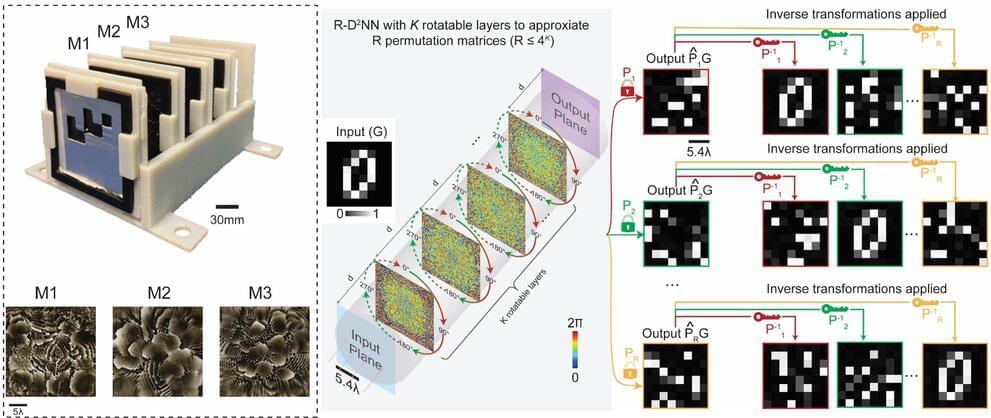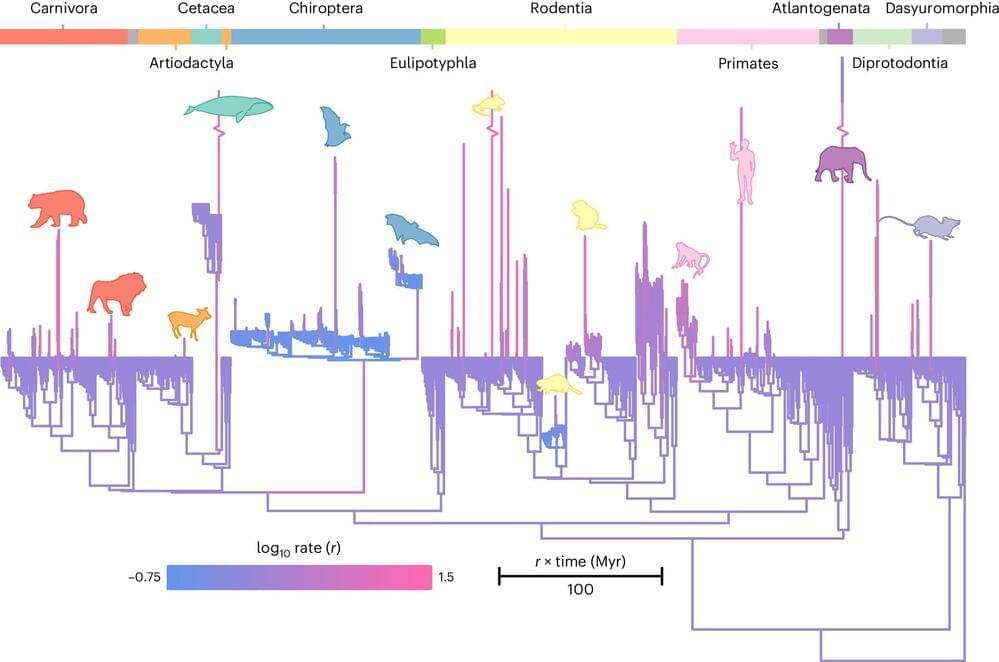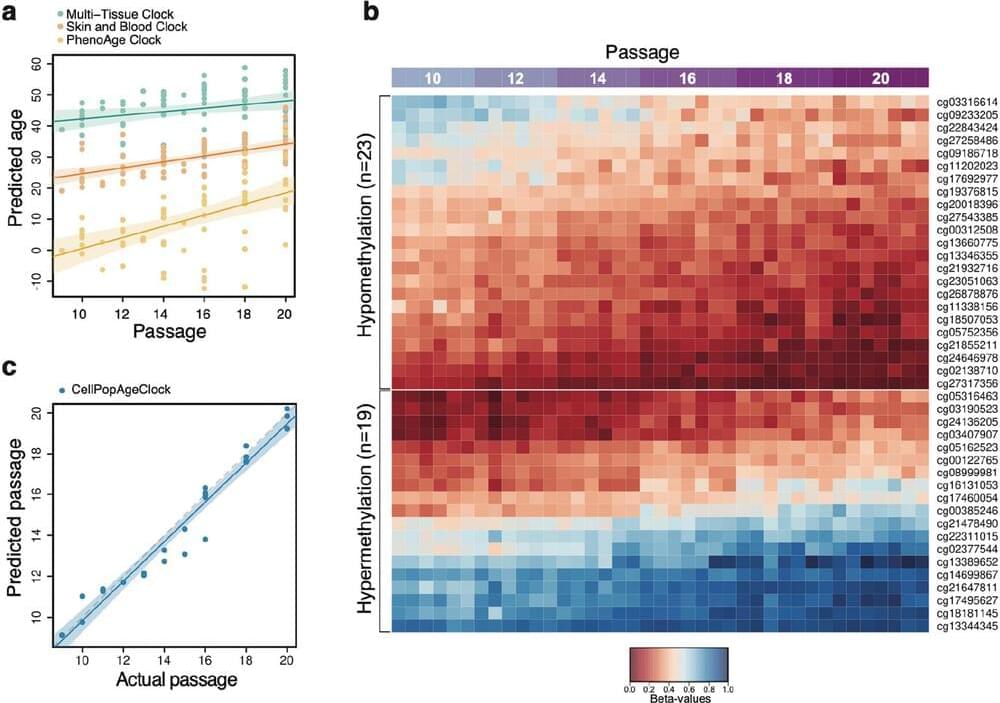In 1968, deep underground in the Homestake gold mine in South Dakota, Ray Davis Jr.
At the same time, Steven Weinberg and Abdus Salam were carrying out major construction work on what would become the Standard Model of particle physics, building the Higgs mechanism into Sheldon Glashow’s unification of the electromagnetic and weak interactions. The Standard Model is still bulletproof today, with one proven exception: the nonzero neutrino masses for which Davis’s observations were in hindsight the first experimental evidence.
Today, neutrinos are still one of the most promising windows into physics beyond the Standard Model, with the potential to impact many open questions in fundamental science ( CERN Courier May/June 2024 p29). One of the most ambitious experiments to study them is currently taking shape in the same gold mine as Davis’s experiment more than half a century before.
In February this year, the international Deep Underground Neutrino Experiment (DUNE) completed the excavation of three enormous caverns 1.5 kilometres below the surface at the new Sanford Underground Research Facility (SURF) in the Homestake mine. 800,000 tonnes of rock have been excavated over two years to reveal an underground campus the size of eight soccer fields, ready to house four 17,500 tonne liquid–argon time-projection chambers (LArTPCs). As part of a diverse scientific programme, the new experiment will tightly constrain the working model of three massive neutrinos, and possibly even disprove it.








